World Breastfeeding Week
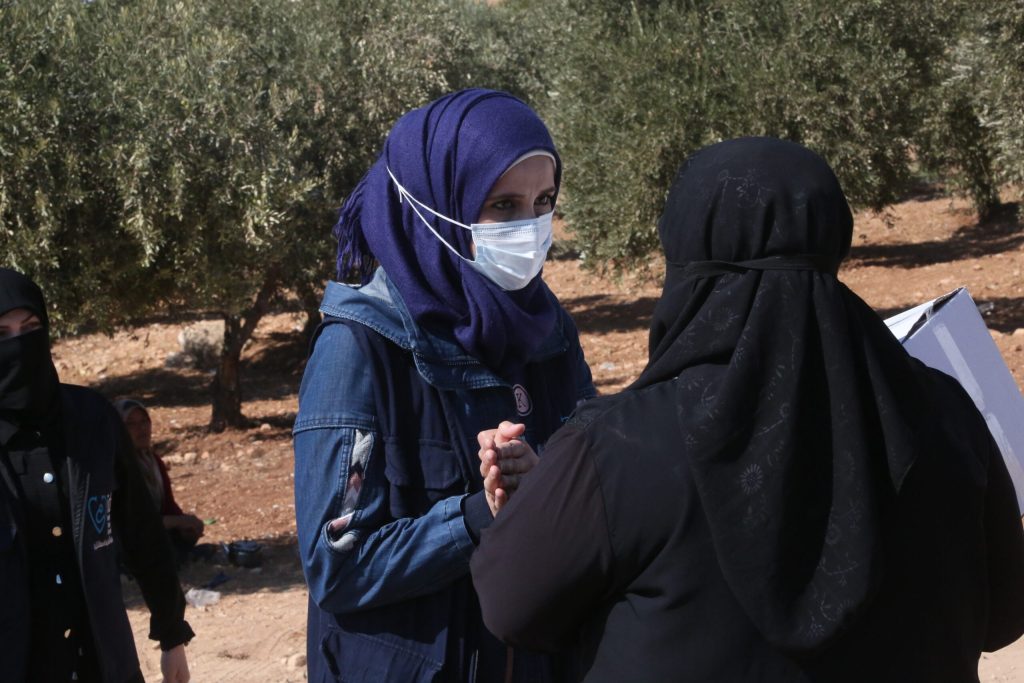
Breastfeeding is one of the most effective ways to ensure a child’s health and survival. However, fewer than half of infants under six months of age are exclusively breastfed. During World Breastfeeding Week, which occurs in the first week of August each year, the nutrition, health, and community teams at the Independent Doctors Association participated […]
Bab Al-Nour PHC: Providing Vital Services to Displaced Communities
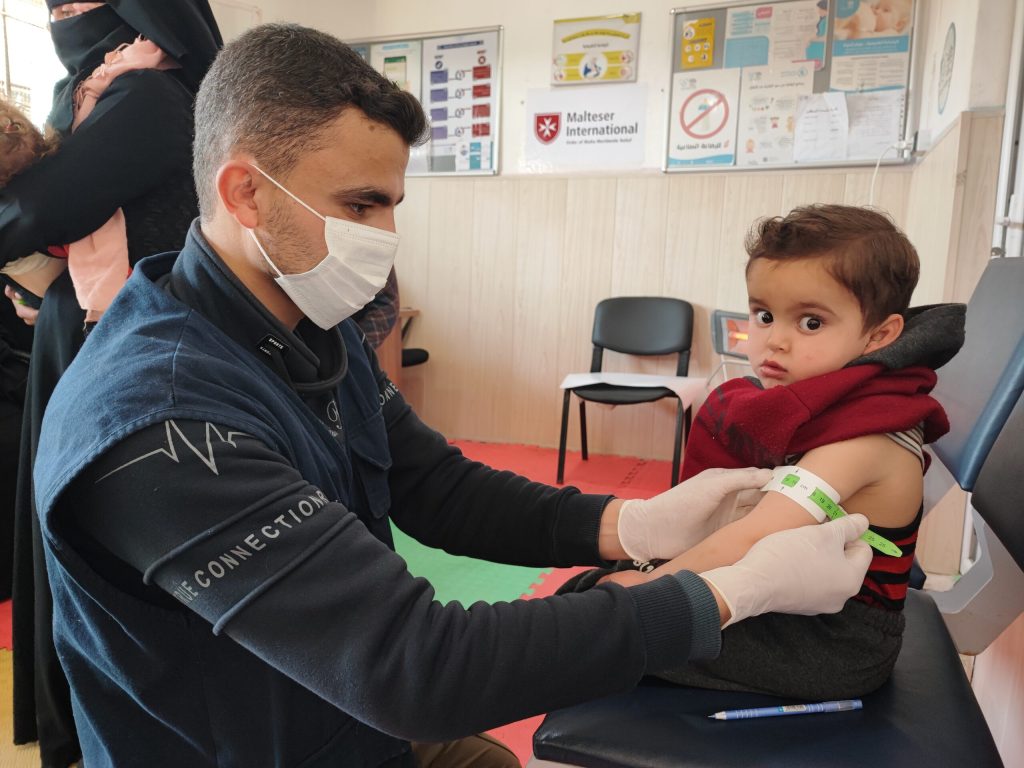
Located in northern Syria’s Azaz area, the Bab Al-Nour Health Care Center has served displaced communities for over seven years. Operated by the Independent Doctors Association, the center focuses on delivering healthcare and nutrition services to elevate the health standards within the community. Comprehensive Services: The center provides approximately 3,680 health services and 2,950 nutritional […]
Malnutrition in Syria: The Role of the Independent Doctors Association

The ongoing Syrian crisis has caused one of the worst humanitarian crises in modern history, with millions displaced, injured, or killed. Among the many challenges facing the Syrian population, malnutrition has emerged as a significant health concern, particularly among children under five, pregnant and lactating women, and other vulnerable groups. The conflict has disrupted […]
IDA’s Mobile Clinics
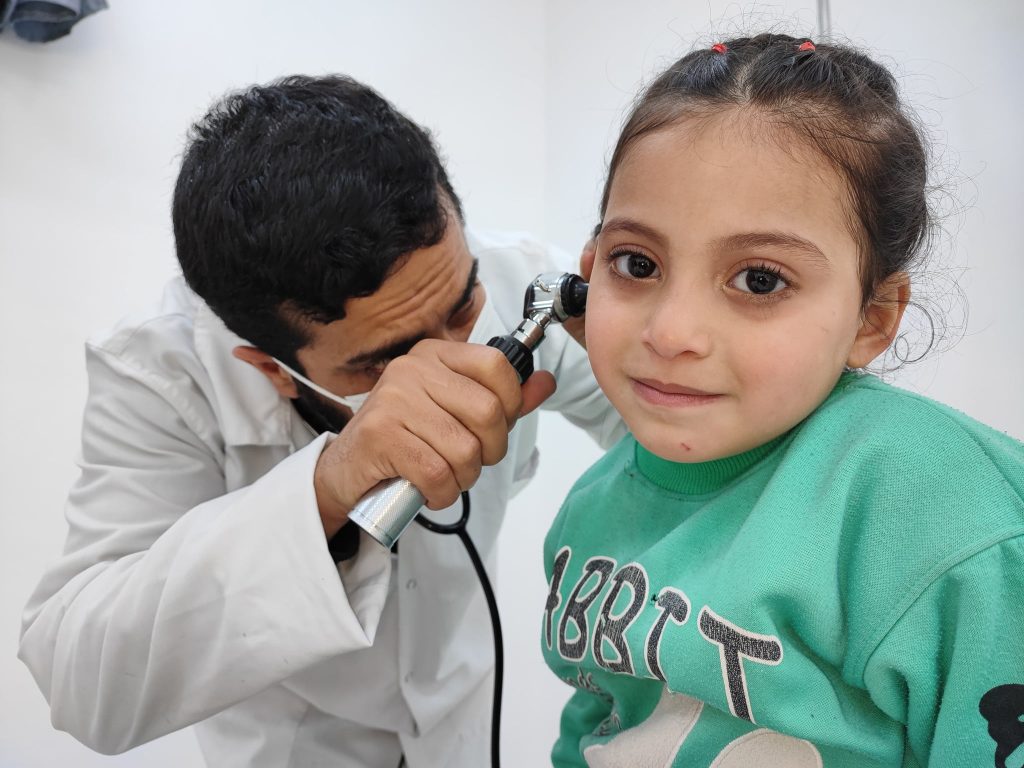
IDA’s Mobile Clinics Mobile clinics are vital in providing medical services to those affected by the earthquake in northwestern Syria. These clinics are particularly important for those living in shelters, where access to healthcare may be limited. Independent Doctors Association is one organization that provides mobile medical services in the region, helping to alleviate the […]
World Tuberculosis Day
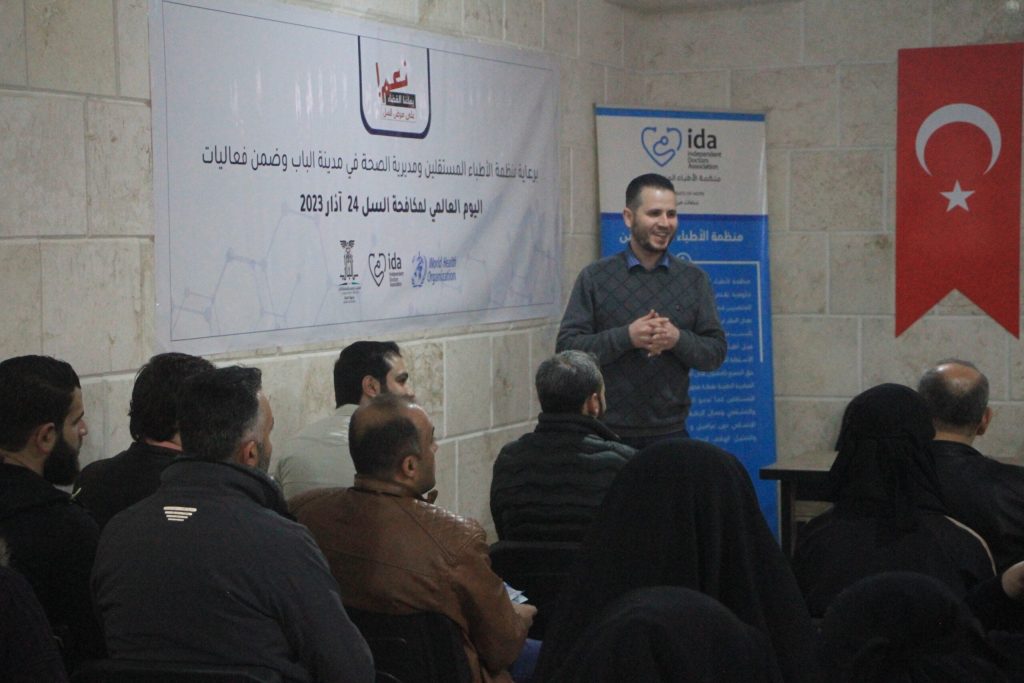
World Tuberculosis Day 2023 Marked each year on 24 March, World Tuberculosis Day gives the occasion to raise awareness about tuberculosis (TB) and to advocate more efforts to eliminate it. In this regard, the Independent Doctors Association held a symposium introducing the disease in Al-Bab, Syria.
Ramadan Mubarak from IDA

Ramadan Mubarak from IDA On behalf of the Independent Doctors Association, we would like to extend our warmest congratulations to all Muslims on the blessed month of Ramadan. We pray that this Ramadan will be a source of peace, joy, and blessings for all.
One month has passed since the devastating earthquakes.
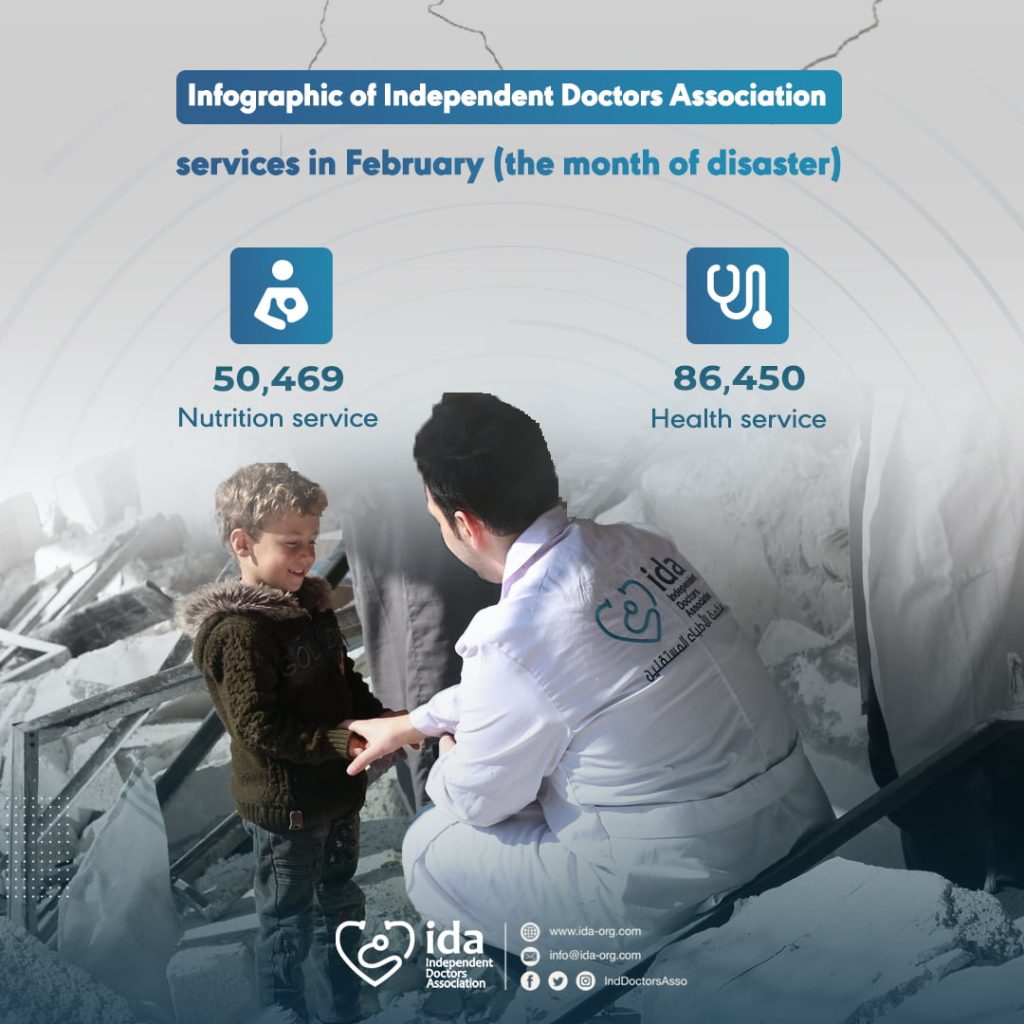
One month has passed since the devastating earthquakes that targeted northwestern Syria and Turkey. We provided thousands of afflicted people with health care, nutrition, protection, and shelter services. The disaster is still going on, and Accompanying a community through all the phases of disaster recovery requires a long-term commitment. The number of afflicted is enormous; […]
What if you were in their shoes?! What would I do?
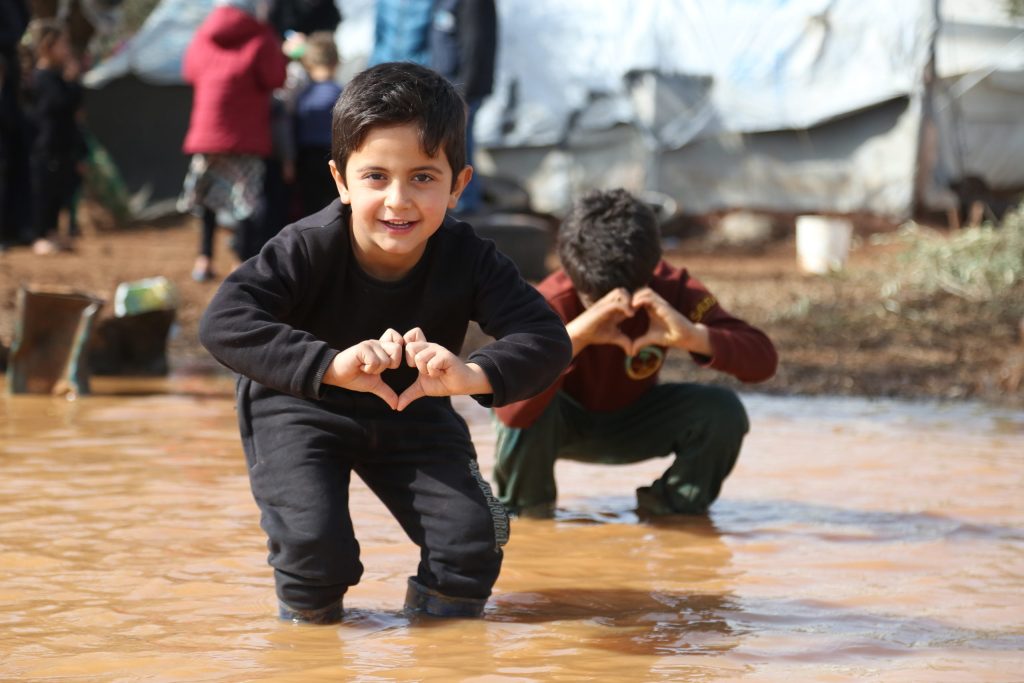
More than a million displaced Syrian are trying hard to live where hundreds of random, remote camps located near to the Syrian- Turkish borders, the last rainstorm hit northwest Syria, many camps were damaged and left the families without a shelter as well as the mud has blocked the movements, This suffering hasn’t happened once […]
Washing your hands can protect you and your loved ones.
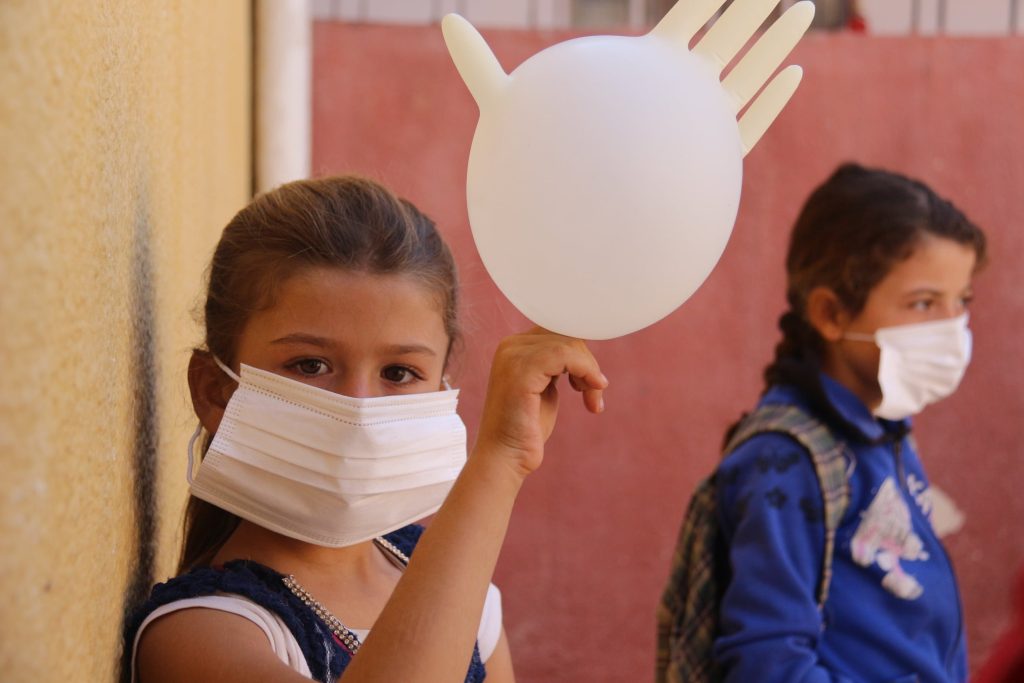
Primary health care
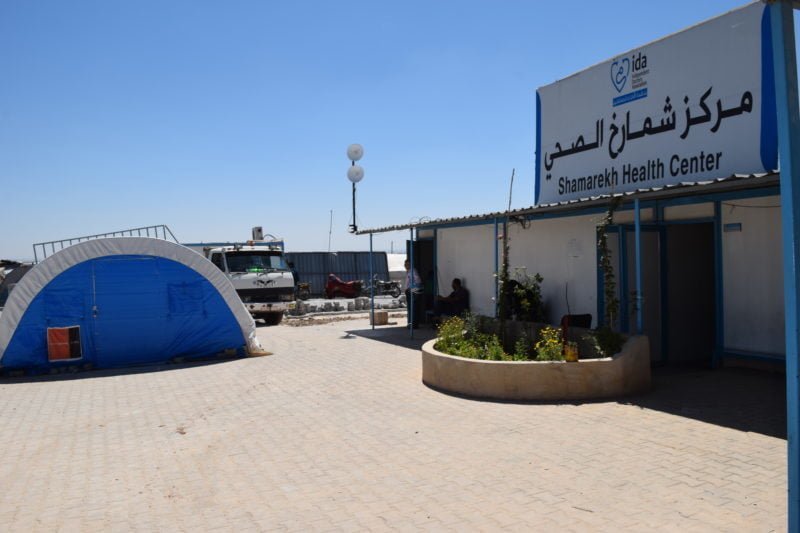
Primary health care is a whole-of-society approach to health and well-being centred on the needs and preferences of individuals, families and communities. It addresses the broader determinants of health and focuses on the comprehensive and interrelated aspects of physical, mental and social health and wellbeing. Photos of the primary care services at the Independent […]
